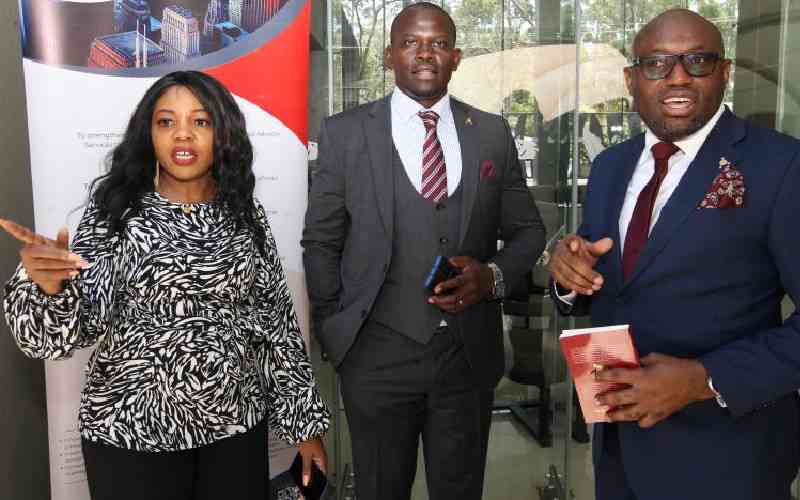×
The Standard e-Paper
Home To Bold Columnists

Experts and business leaders have underscored the role of culture transformation in driving growth in organisations. They say it brings out the best versions of workers and helps firm's tap into quality talents.
A peer-to-peer roundtable held on Thursday in Nairobi, and which was attended by more than 30 top business managers, heard that culture, learning and strategy are a key part of professional background.